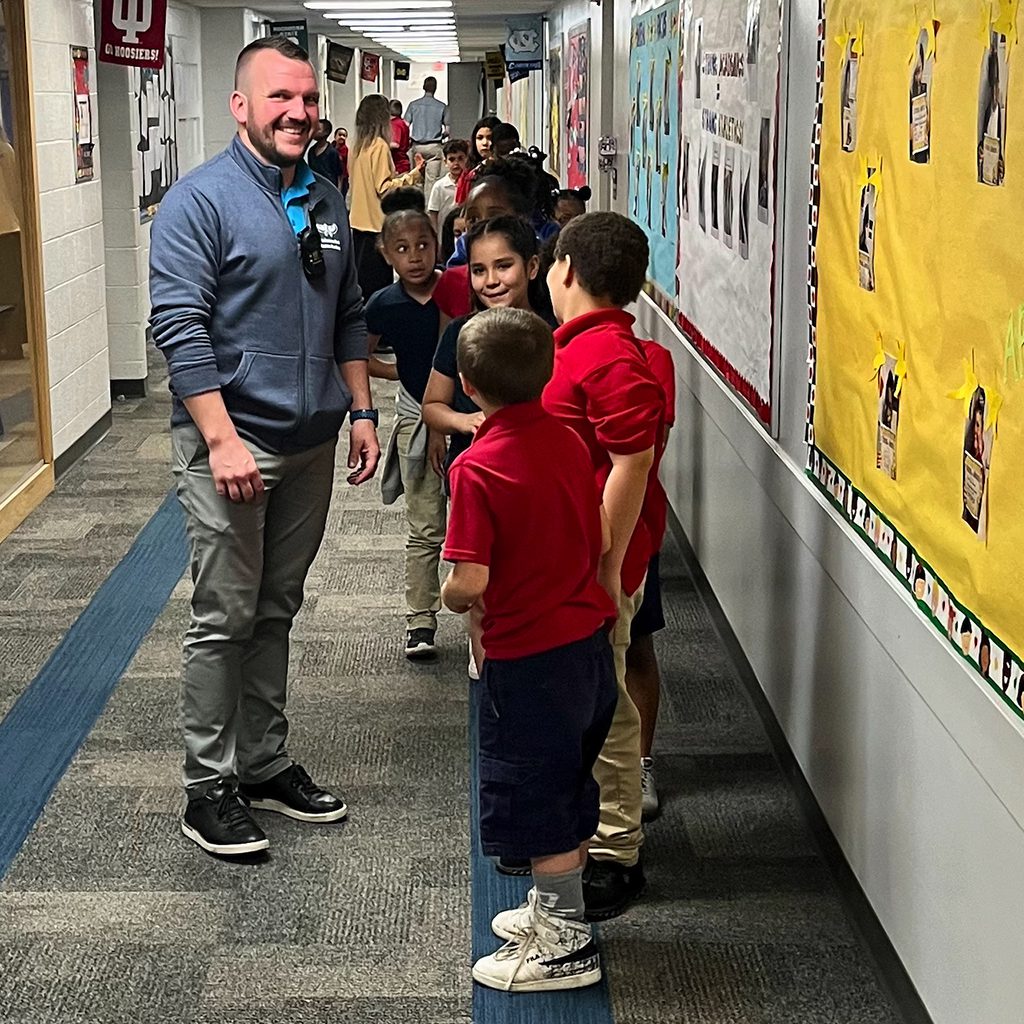Building Hope
Recognizing schools that set a standard of excellence for all students


Exceptional growth
The 2023 Building the Hope Schools – and Schools to Watch — serve high percentages of students of color and/or students from low-income backgrounds, relative to those same subgroups statewide.
These public schools are selected for recognition because one or more of their subgroups of students — Black, Latino, and students from low-income backgrounds in particular — demonstrated higher rates of proficiency in English Language Arts and/or math than the overall state average for a given grade level on the state assessment. In addition, they have culturally and linguistically-responsive school-wide practices — including instructional practices — that facilitate students’ outstanding academic progress and growth, making them true outliers in the State of Michigan. All the schools are Michigan public schools.
Building the Hope awards
The Education Trust-Midwest is proud to announce the Building the Hope Schools award recipients. At all Building the Hope Schools, students of color and students from low-income backgrounds demonstrate instructional growth and achievement wins across subjects, grades, and years, making them true outliers across the state of Michigan.
Brimley Area Schools
Brimley Elementary
Brimley Elementary stands out for the close-knit, familial care of the staff, where everyone works together to address the needs of students both at school and at home. The school provides students with extended learning opportunities and a culturally relevant curriculum. Lessons are infused with culturally relevant instruction that allows students to see themselves reflected in what they learn. These strategies contribute to student achievement results that make Brimley an outlier in the state.
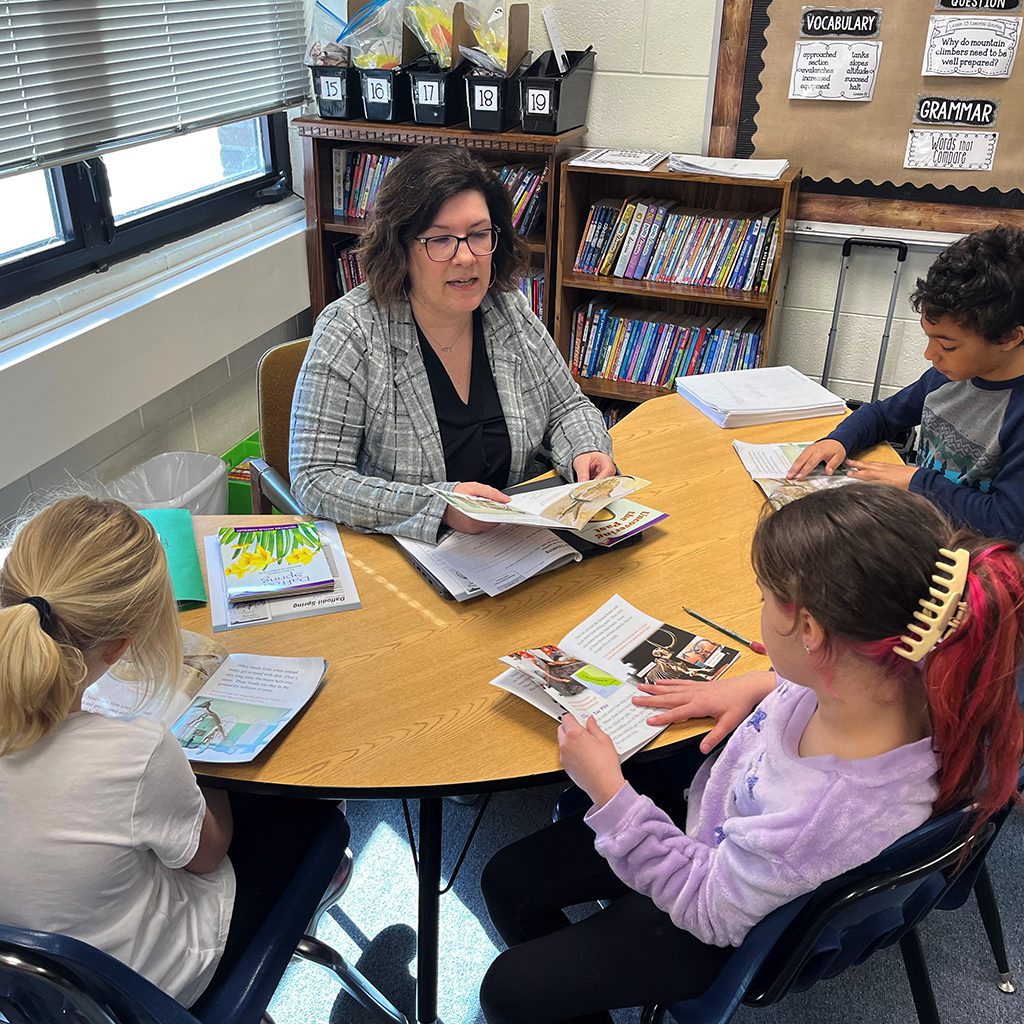
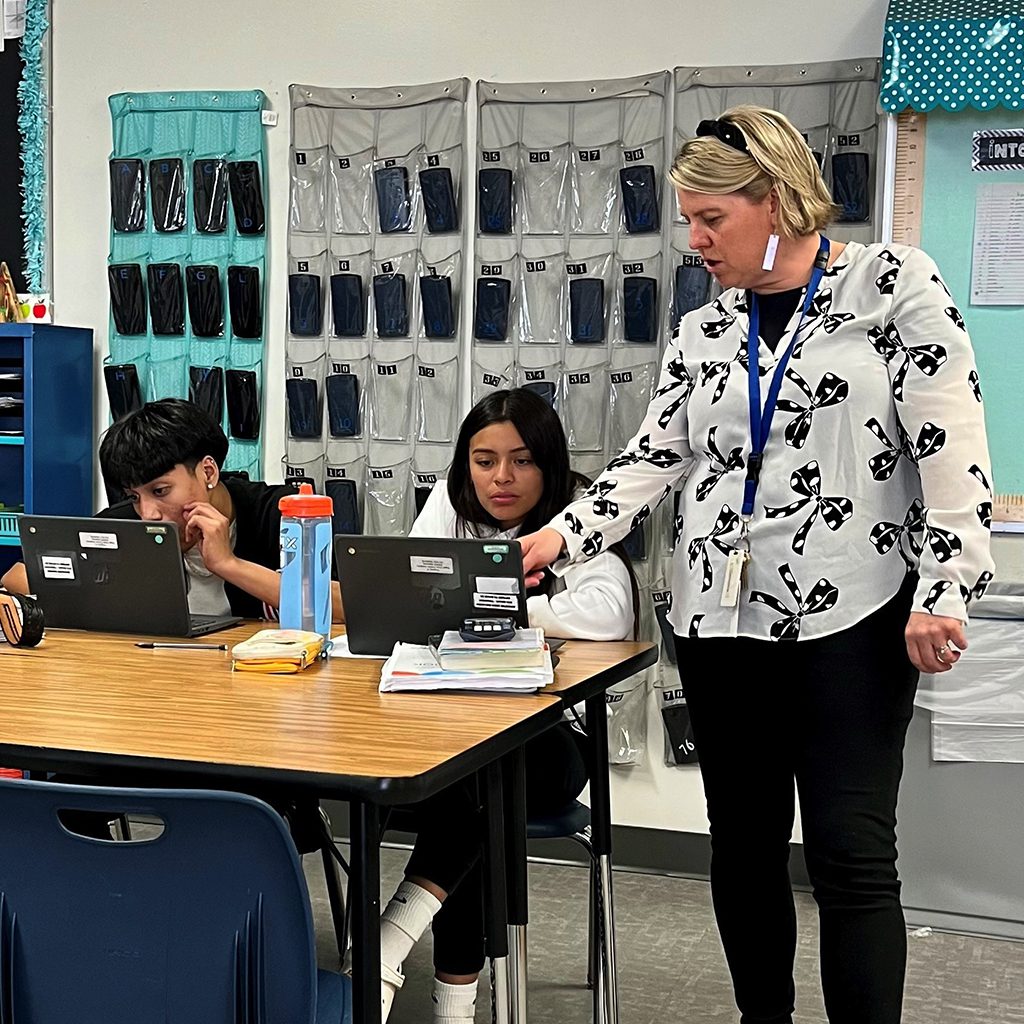
Holland
Eagle Crest Charter Academy
Eagle Crest Charter Academy’s foundation for student achievement comes from a veteran teaching staff, rigorous weekly or bi-weekly review of assessment data, and deployment of intervention specialists and paraprofessionals to aid students inside and outside of the classroom. The school boasts a familial atmosphere that keeps families and community members invested in the school’s success. Staff also credit some of its success to promoting shared values while honoring the richness of its multicultural community.
South Haven Public Schools
South Haven High
South Haven High – a Building the Hope ‘School to Watch’ – has distinguished itself in educating a diverse student body, with unique challenges such as those faced by migrant students, by providing creative academic, social and cultural support. Dedicated teachers at the school vigorously weave assessment preparation into the curriculum, alongside instructional content. The Multilingual Support class gives students classroom experience and individualized help. The school staff builds in courses and clubs to reflect the school’s diversity and embeds activities that culturally affirm and engage families. South Haven staff strives to expose students to a future filled with opportunities, and the skills to take advantage of them.
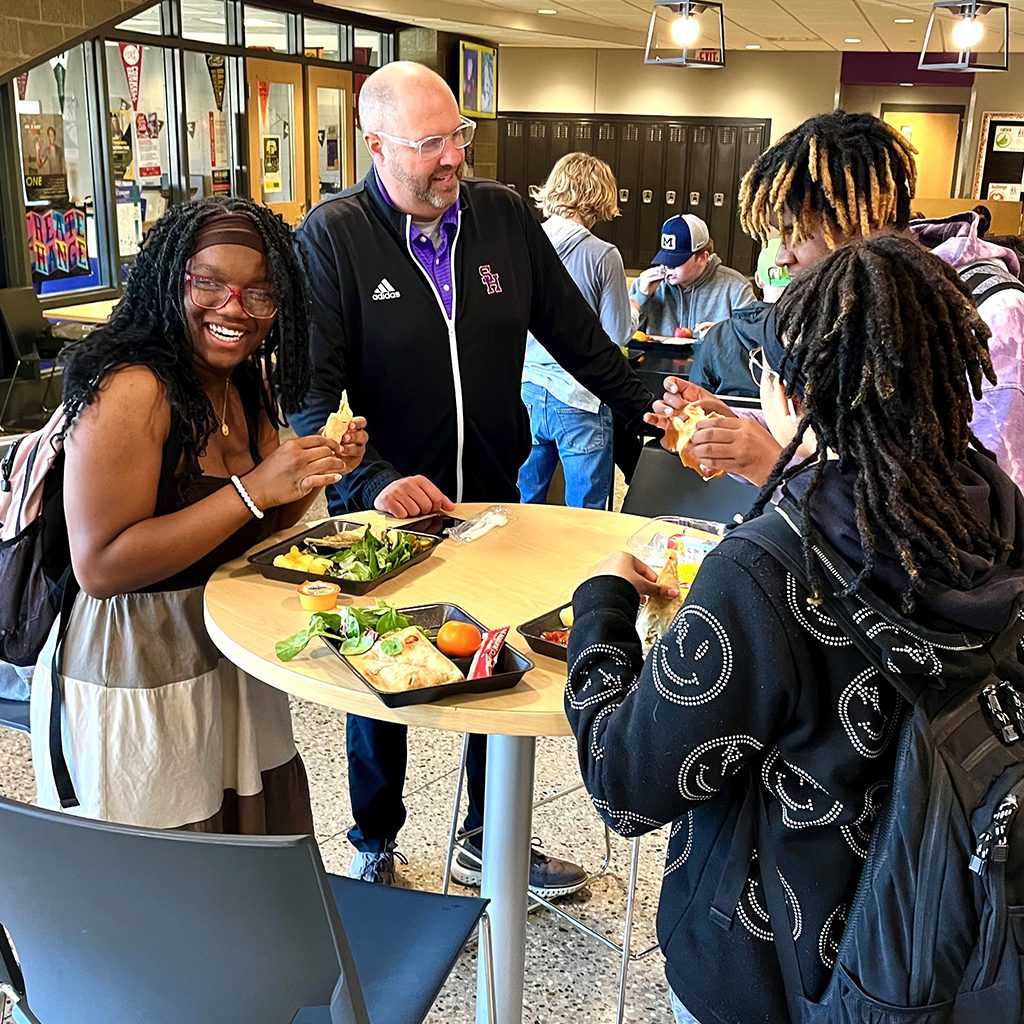
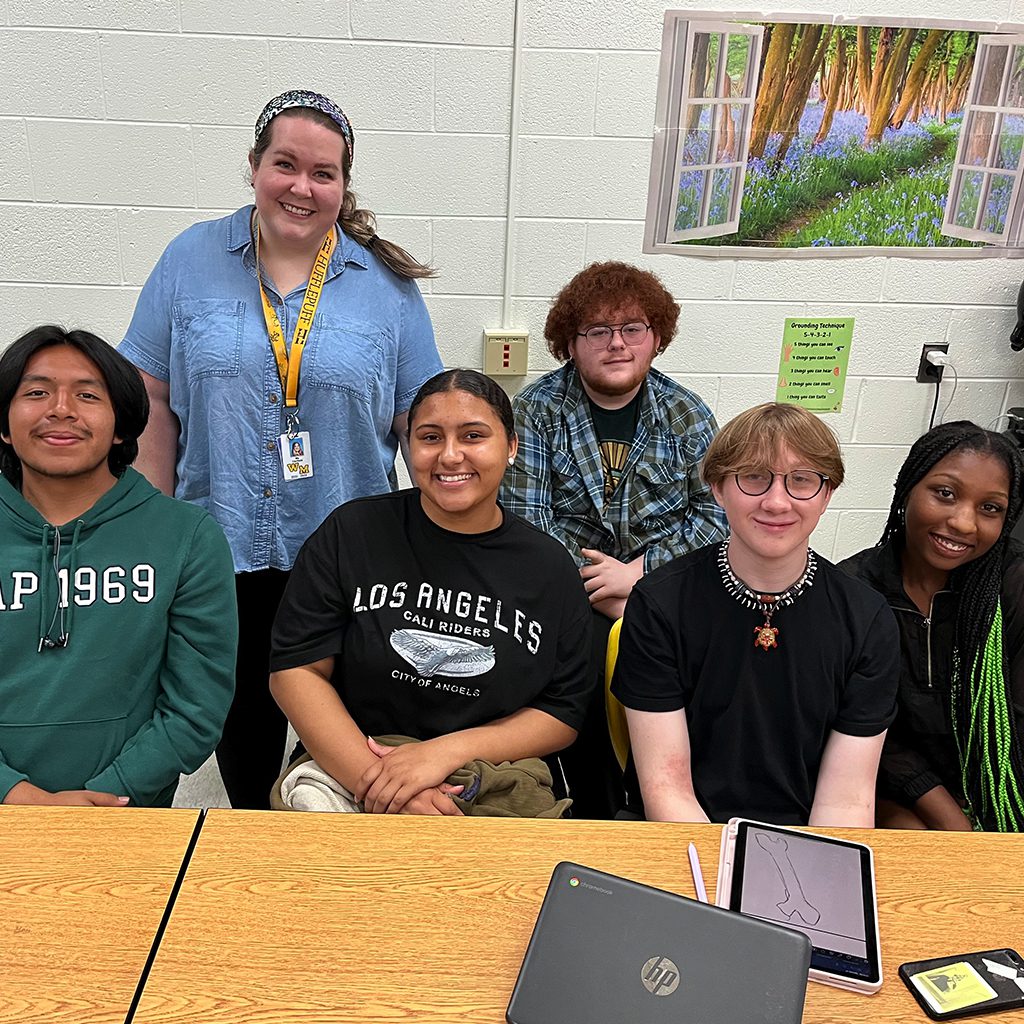
Wayne
Wayne Memorial High
The creative instruction and opportunities for students are among the reasons Wayne Memorial High School selected a Building the Hope ‘School to Watch.’ Wayne Memorial’s 11th-grade students from Latino families scored above the statewide average on the Evidence-Based Reading and Writing section of the SAT for the 2021-2022 school year. Other programs distinguishing the school are a Multilingual Language department assertively engaged with the community and teachers, and a college and career readiness office focused on aligning data about student aptitude and interests with exposure to future professional job opportunities.
Lansing
Windemere Park Charter Academy
At Windemere Park, a National Heritage Academies public charter school, there’s a focus on a creating formula for academic success, including small group instruction, regularly assessing students’ learning, and interventions backed by data. The school staff celebrates its diverse student body and honors the school culture through its instructional practices and materials.
